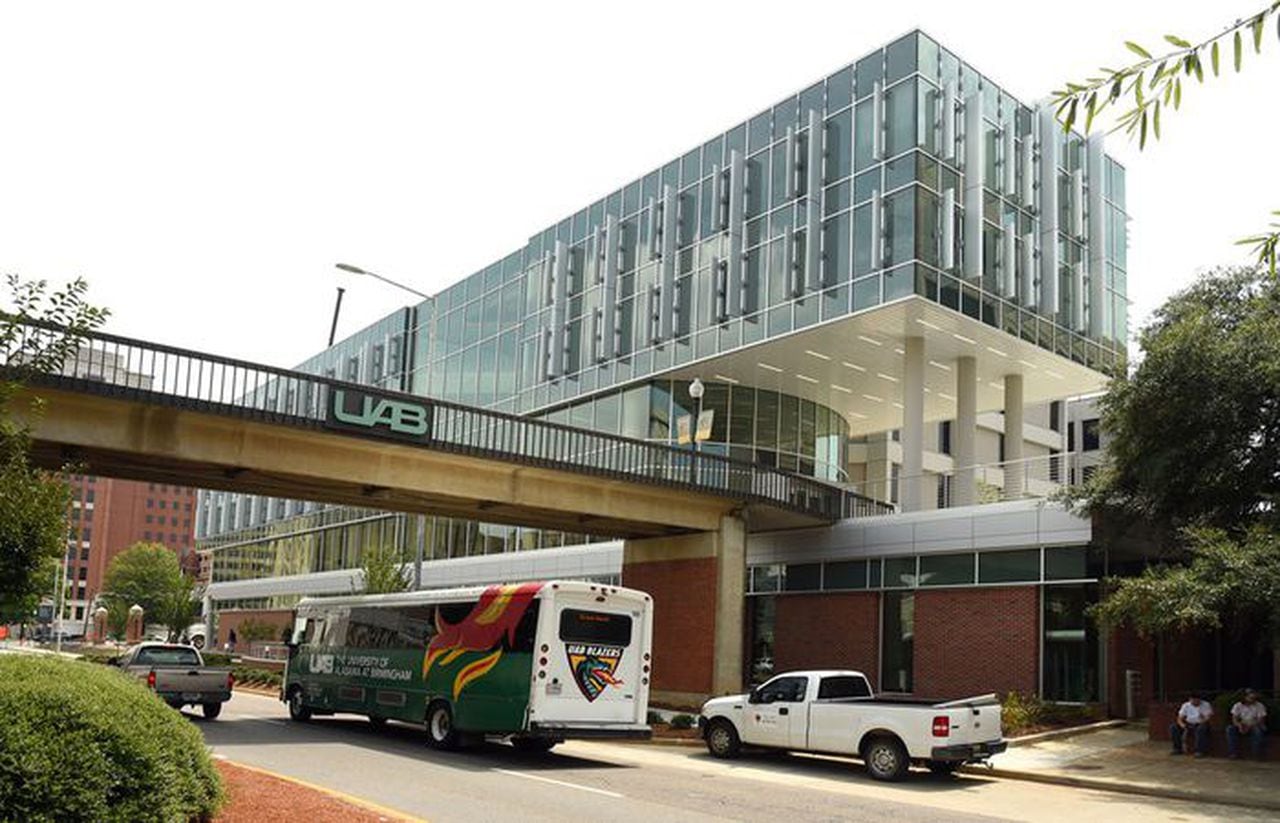Alabama bill would allow some undocumented students to attend public colleges
A House bill would allow some undocumented students to attend public higher education institutions in the state.
HB 210, sponsored by Rep. Reed Ingram, R-Pike Road, would allow undocumented students who have attended an Alabama high school for at least three years and earned a diploma, GED or other equivalent to attend a public postsecondary institution.
The student must also have applied for legal status.
Ingram said in a phone interview on Friday that the bill came from a task force focused on workforce development and participation that he chairs. Alabama’s workforce participation rate has trailed the nation’s since at least 1976.
“We have a lot of kids that are trying to do the right thing, coming in here with their parents, and have applied for legal status, going through our schools, we’ve paid K through 12, as governmental bodies, and now they want to go to college and pay for it themselves,” he said, “We’re telling them they can’t in this state.”
The bill was committed to the House Education Policy Committee. The committee chair, Rep. Terri Collins, R-Decatur, is listed as a co-sponsor.
Ingram said undocumented students who attended high school in Alabama are going out of state for college.
“If they’ve gone through the effort of applying for legal status, and completed high school and they want to better themselves to make them a better citizen, then we want to allow them to do that,” he said.
In 2011, the Alabama Legislature passed HB 56, which aimed to criminalize the existence of undocumented people in the state. The provisions included a measure that said that “an alien who is not lawfully present in the United States shall not be permitted to enroll in or attend any public postsecondary education institution in this state.”
While lawsuits and federal court rulings overturned most of the law, the postsecondary education ban survived.
Collins, who also co-sponsored HB 56, said that she has students in her district who came over as children and have been in the school system but are not able to access dual enrollment later. If an undocumented student enters a welding program, she said, the student can’t finish it.
“There are students all over our state that are in school right now, they’ve lived here all their lives, just about,” Collins said. “I think the requirements on the bill set it up that they have to be moving towards citizenship, and they have to be in order to be able to attend a junior college or a college and, in my mind, it’s the right thing to do.”
Marcela Rodrigues wrote for the Chronicle of Higher Education in 2023 that Alabama, South Carolina and Georgia enacted enrollment bans amid a wave of anti-immigration sentiment. Students in Alabama were able to enroll under DACA as they had a lawful presence. But students who turned 16 during the ongoing litigation against the program don’t have the same protections.
Ingram said that the bill has gone through the Republican caucus. Despite an ongoing backlash over immigrants among Republican lawmakers nationwide, Ingram said requiring undocumented student to apply for legal residency has made it “neutral ground.”
Ingram said Republican lawmakers want “to make sure that these citizens are wanting to stay here and invest in our country, in our state,” he said.
The legislation is not scheduled for a committee hearing this week. Collins said she would work with Ingram on a schedule.
